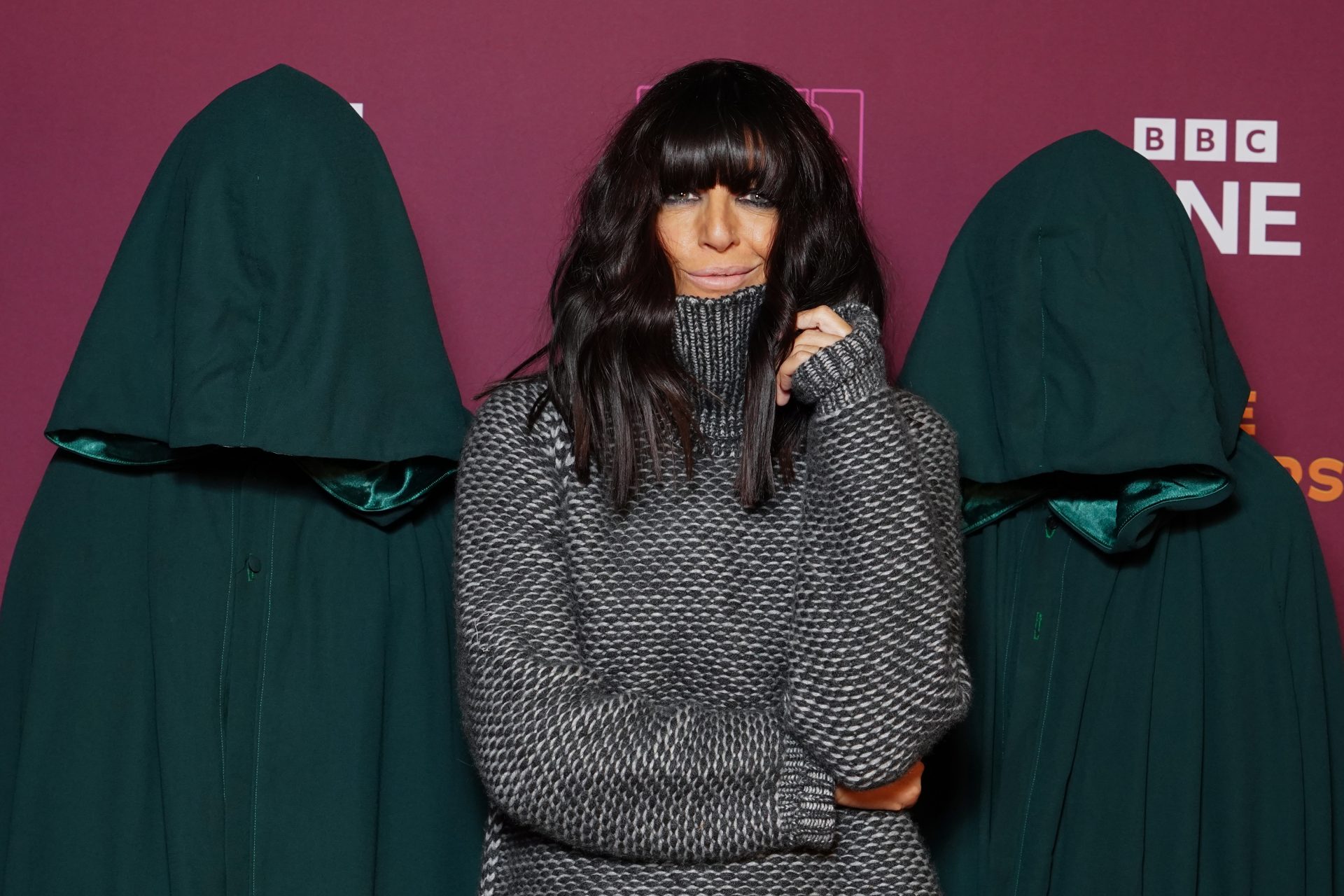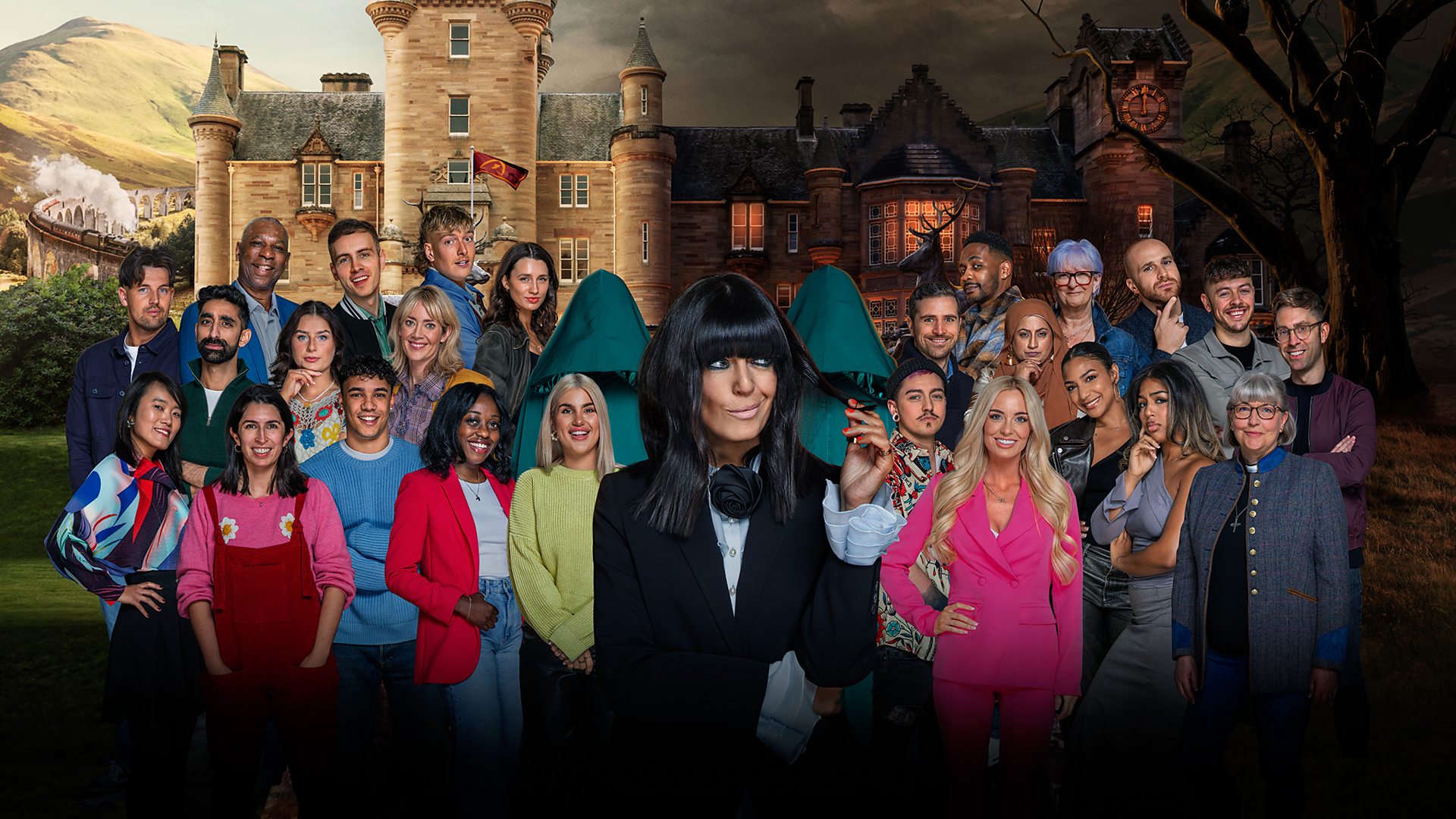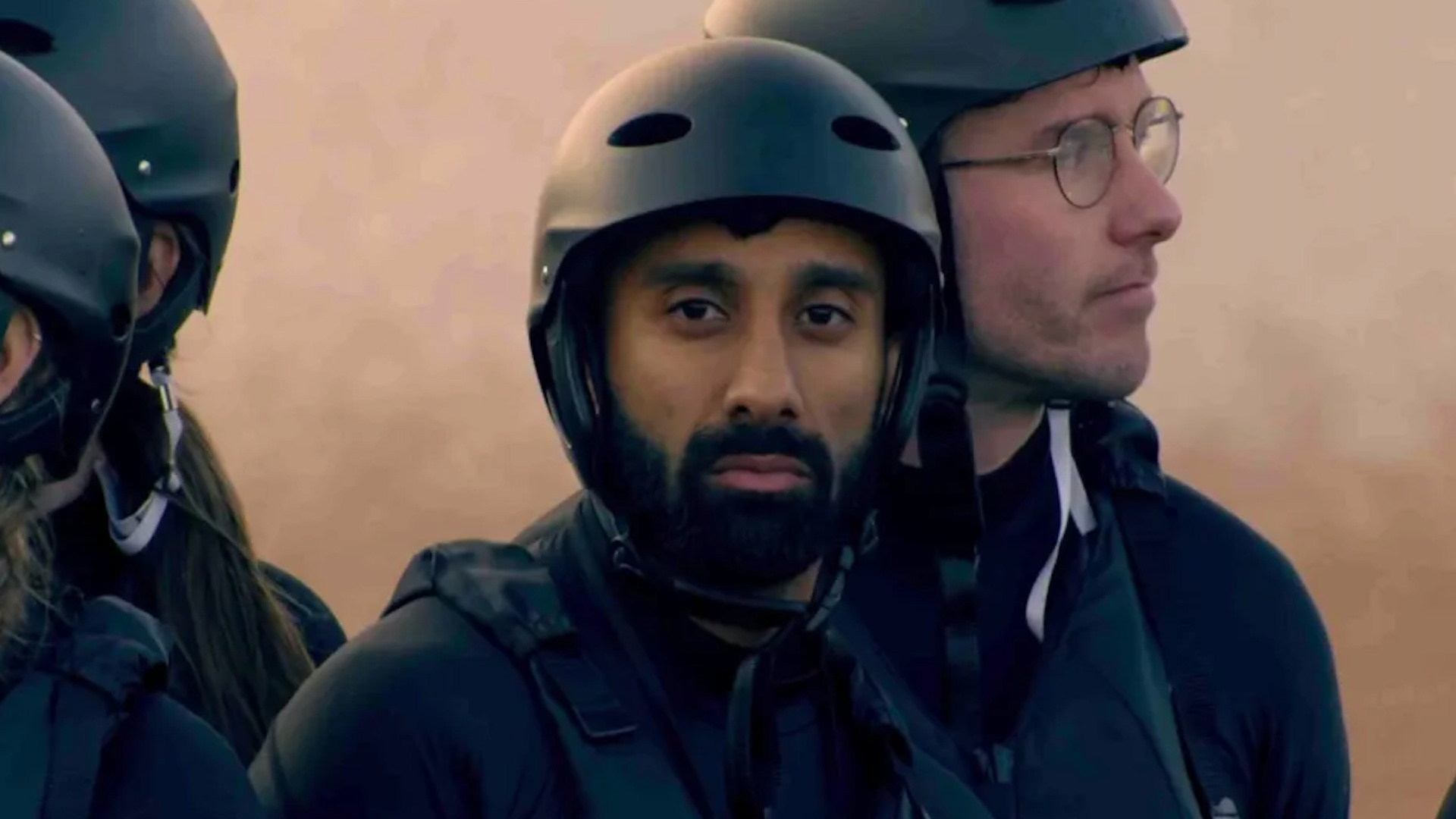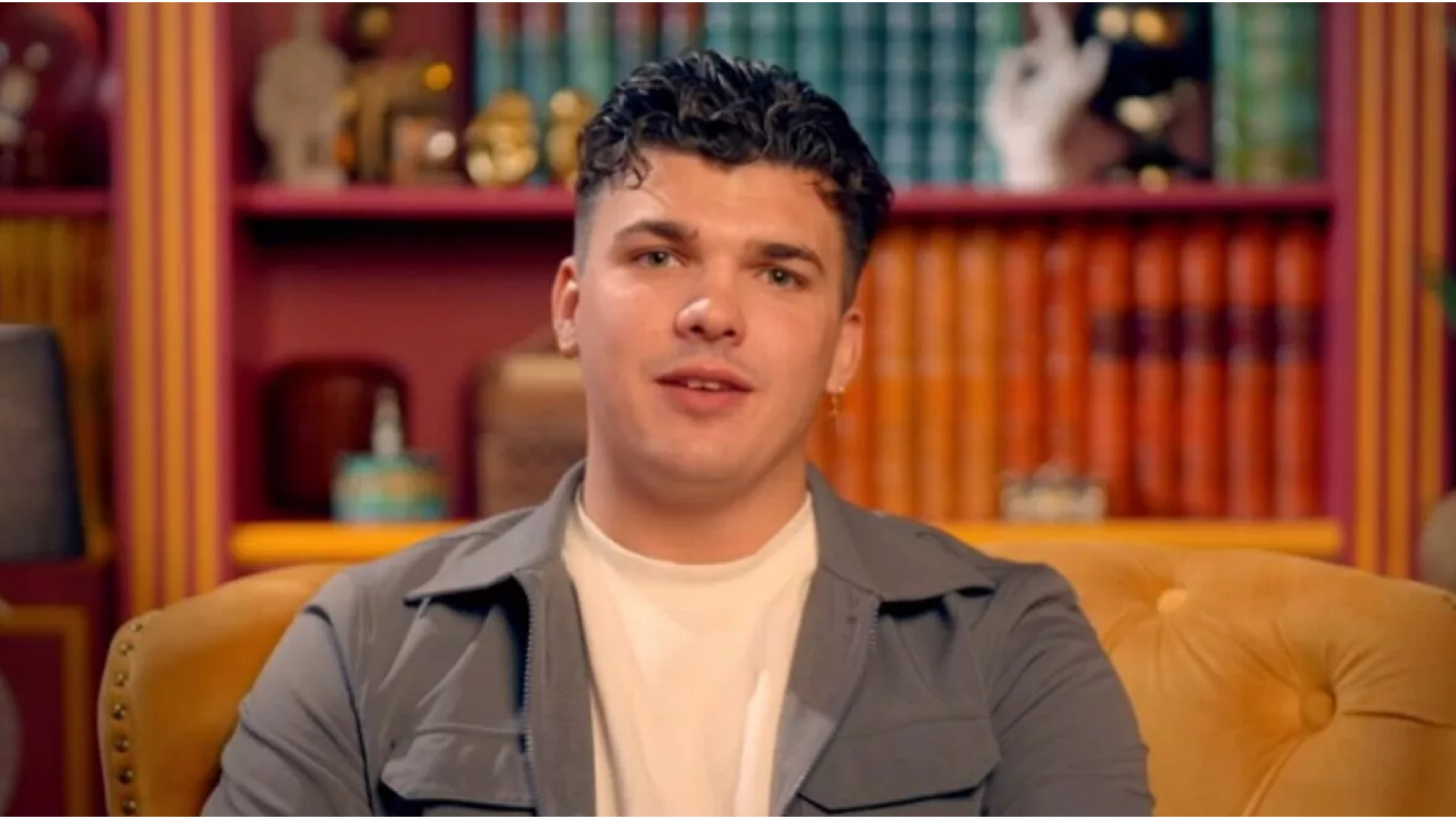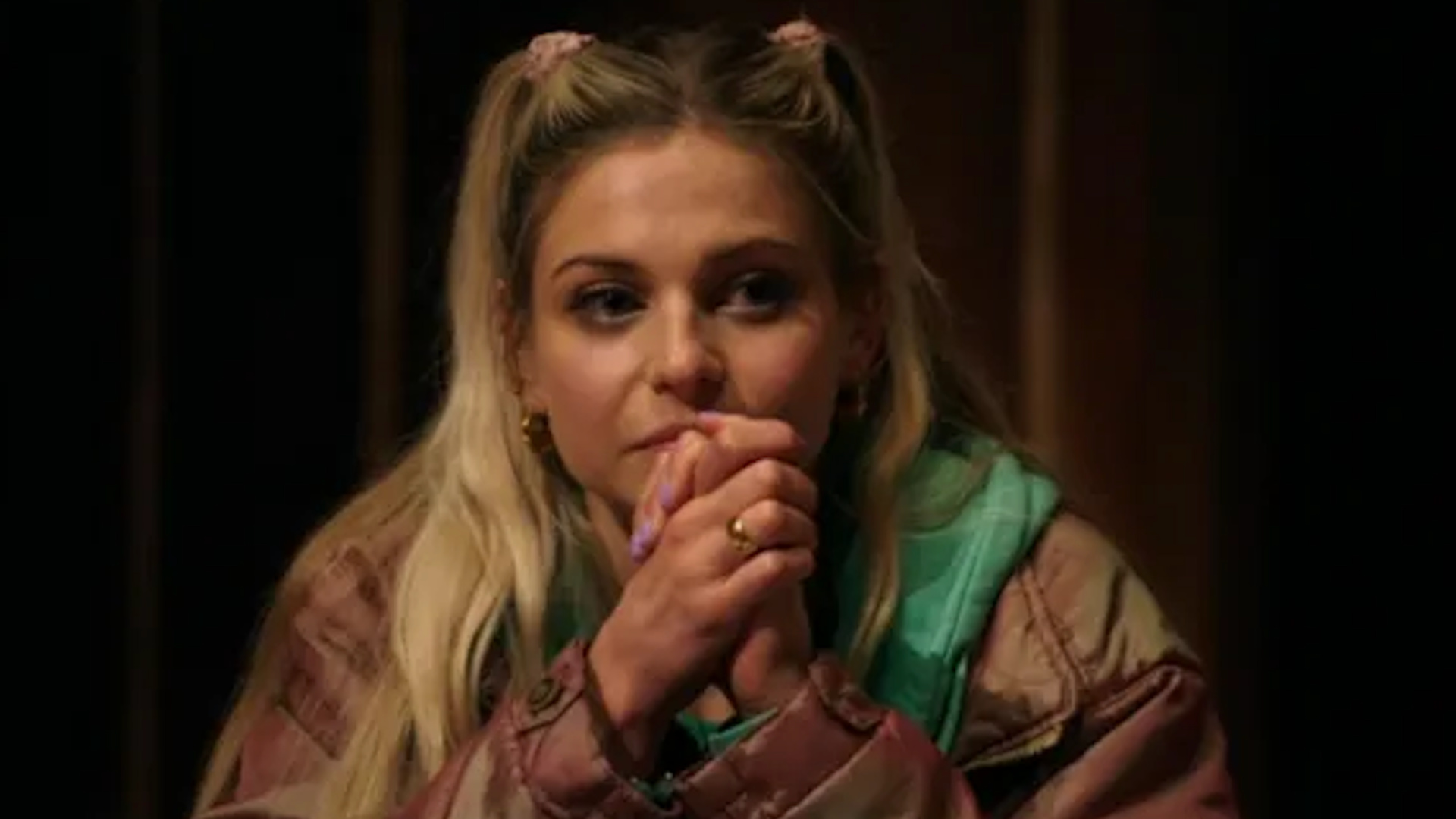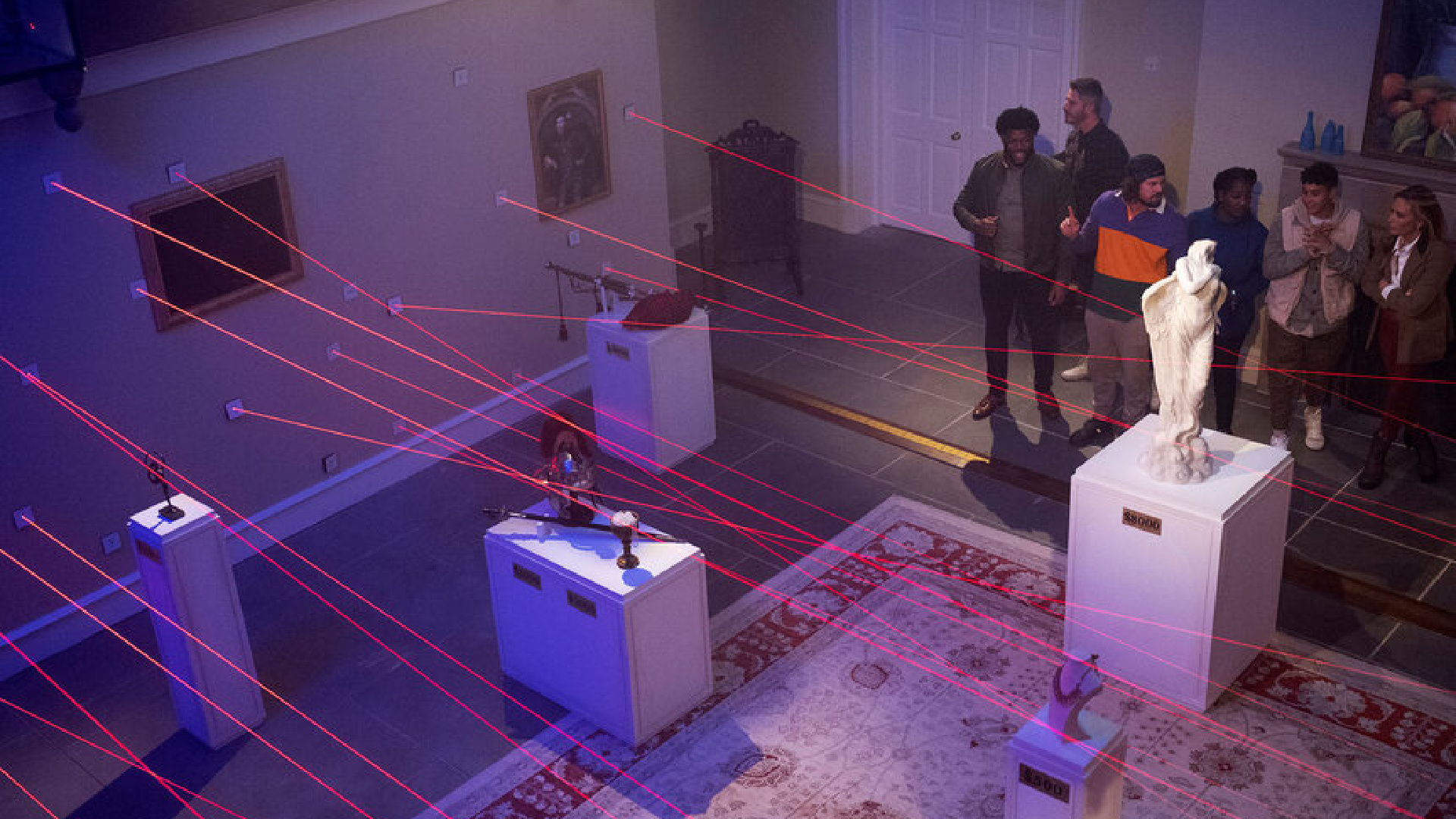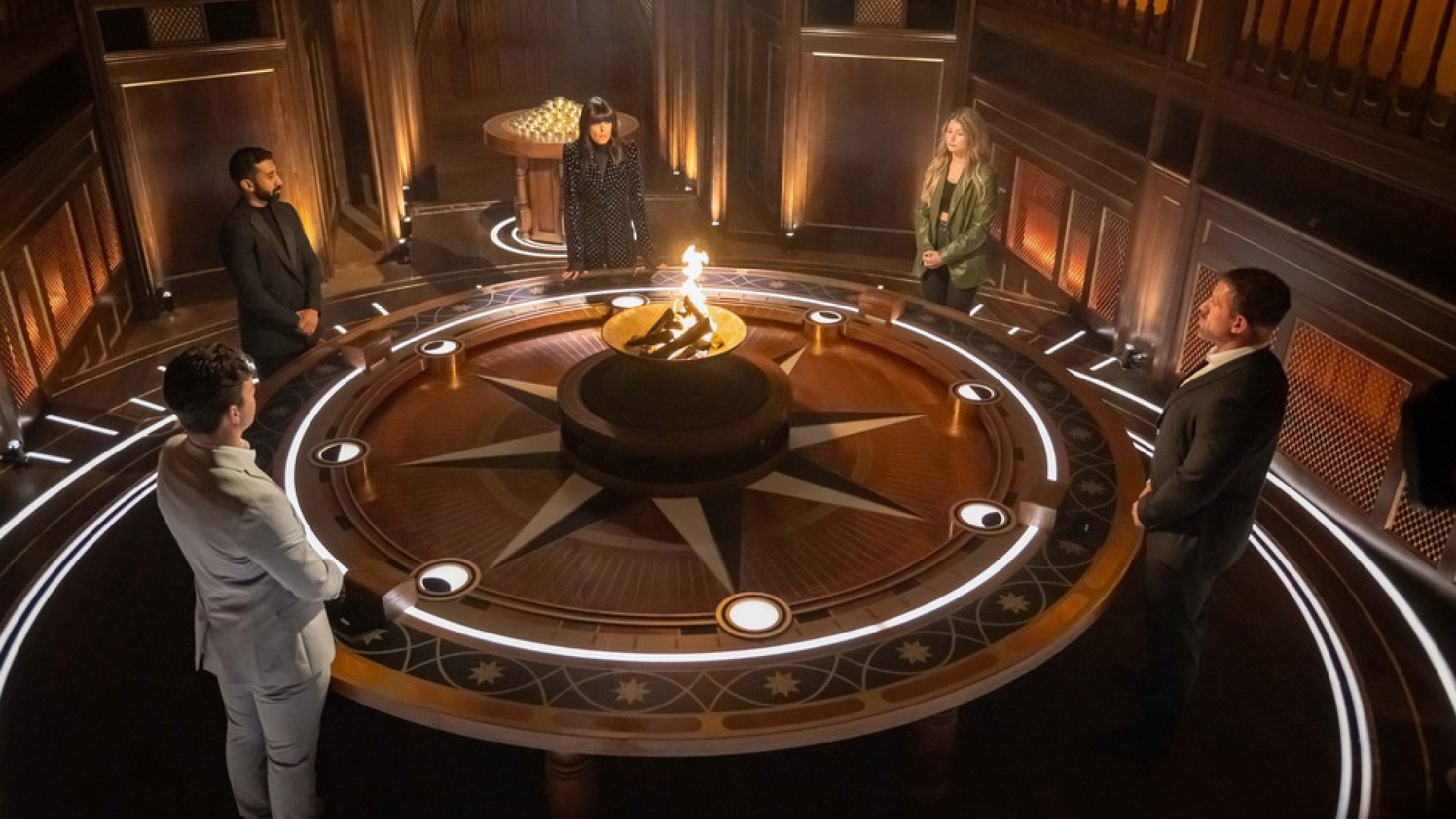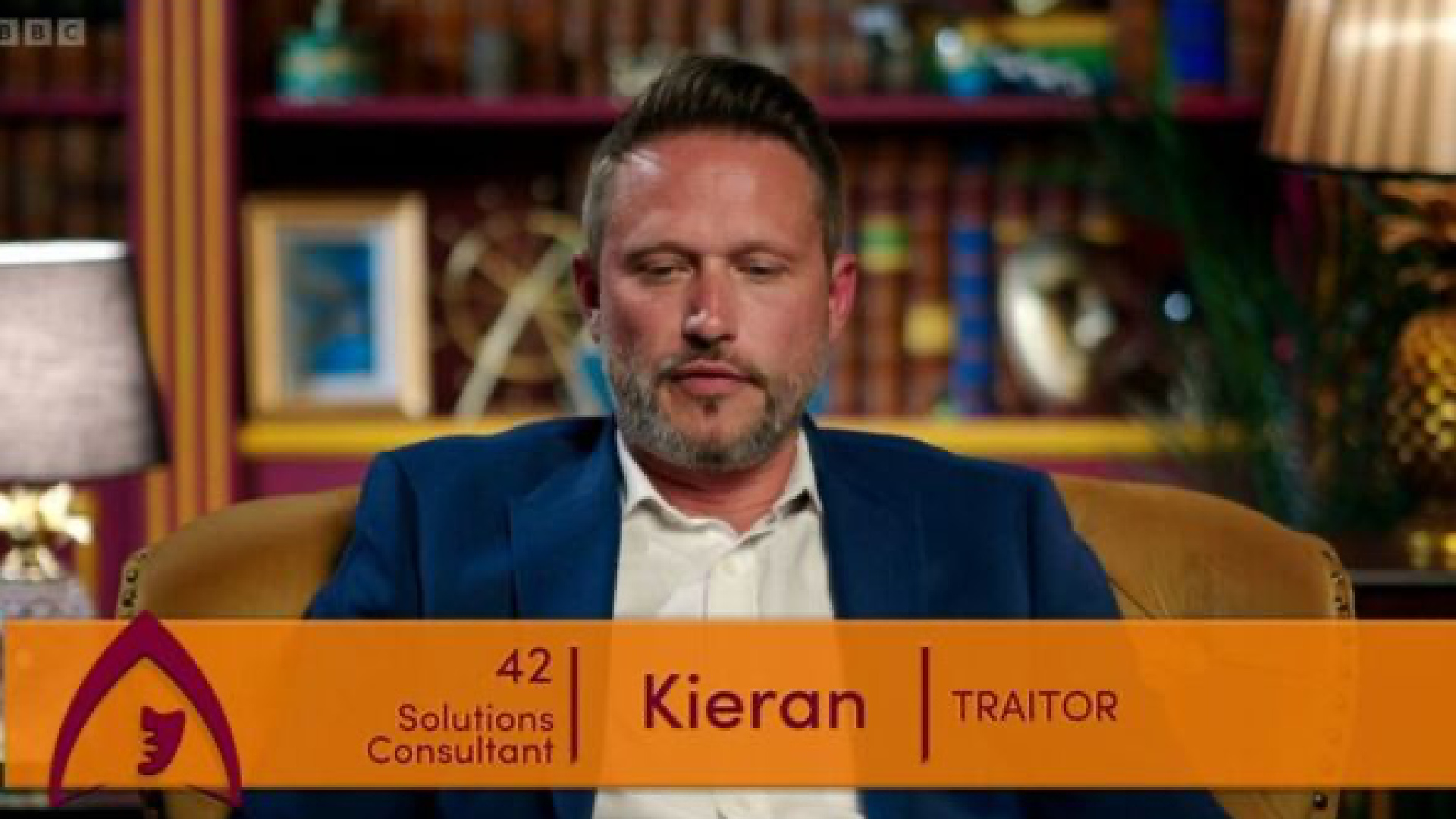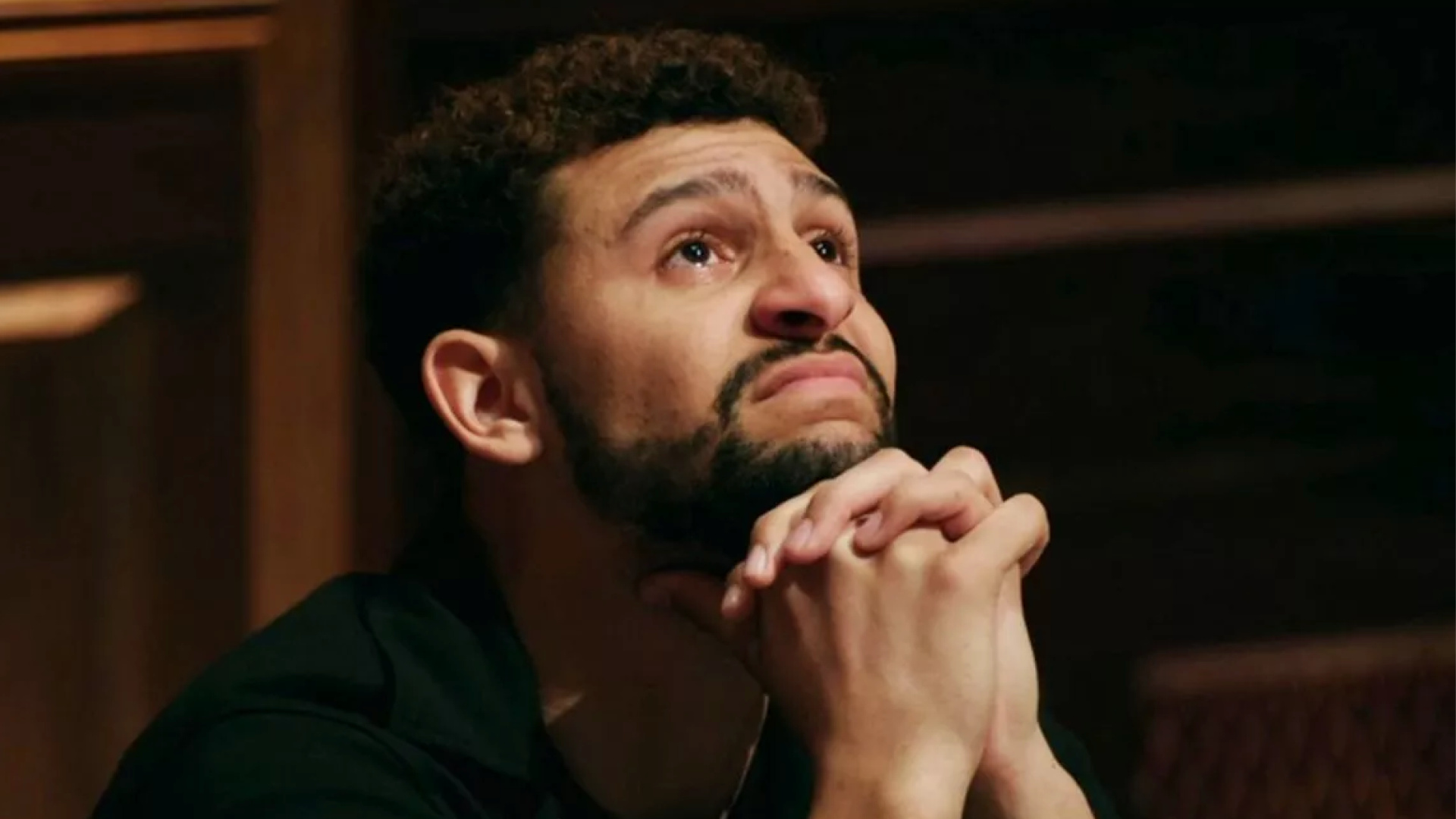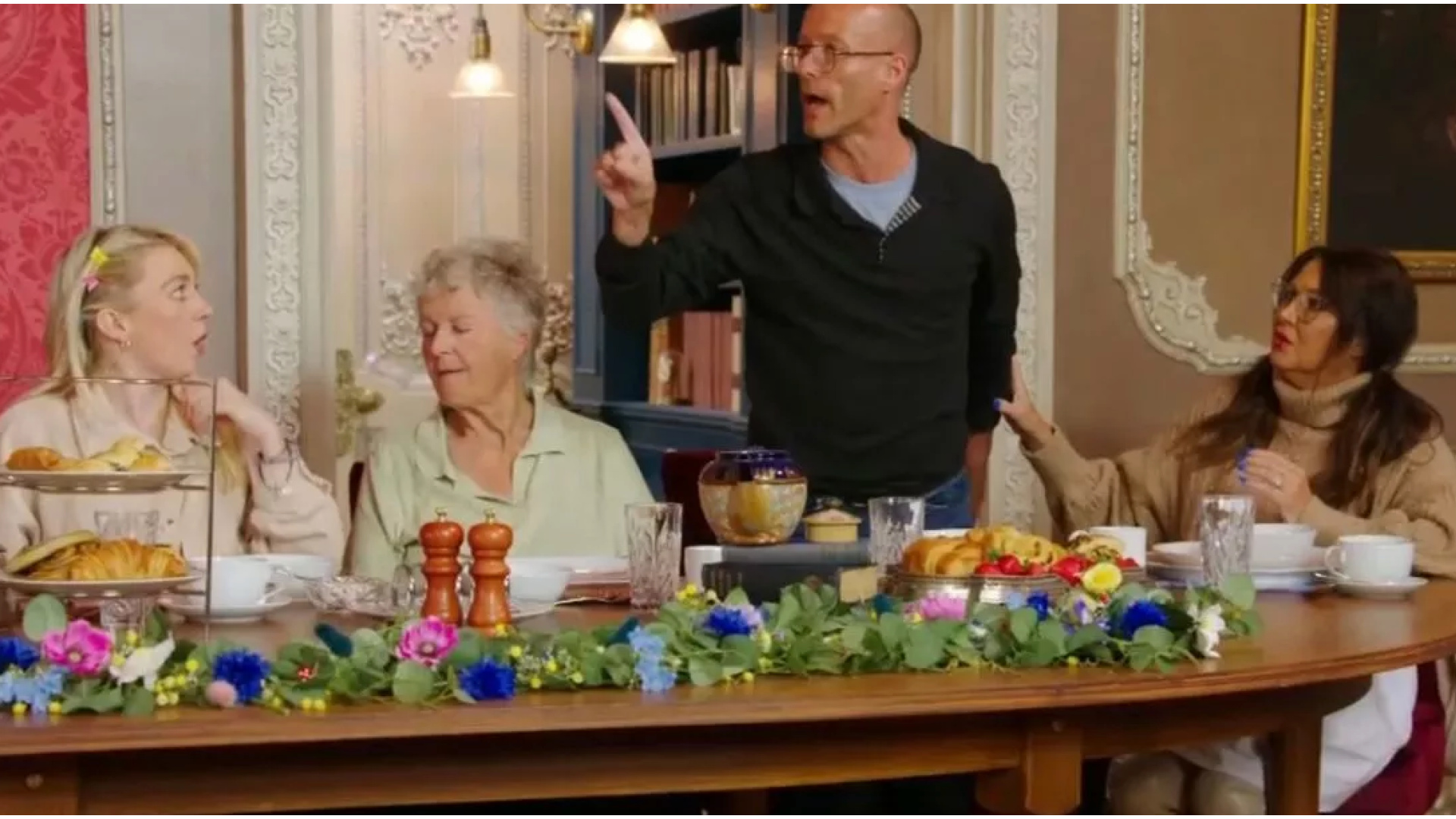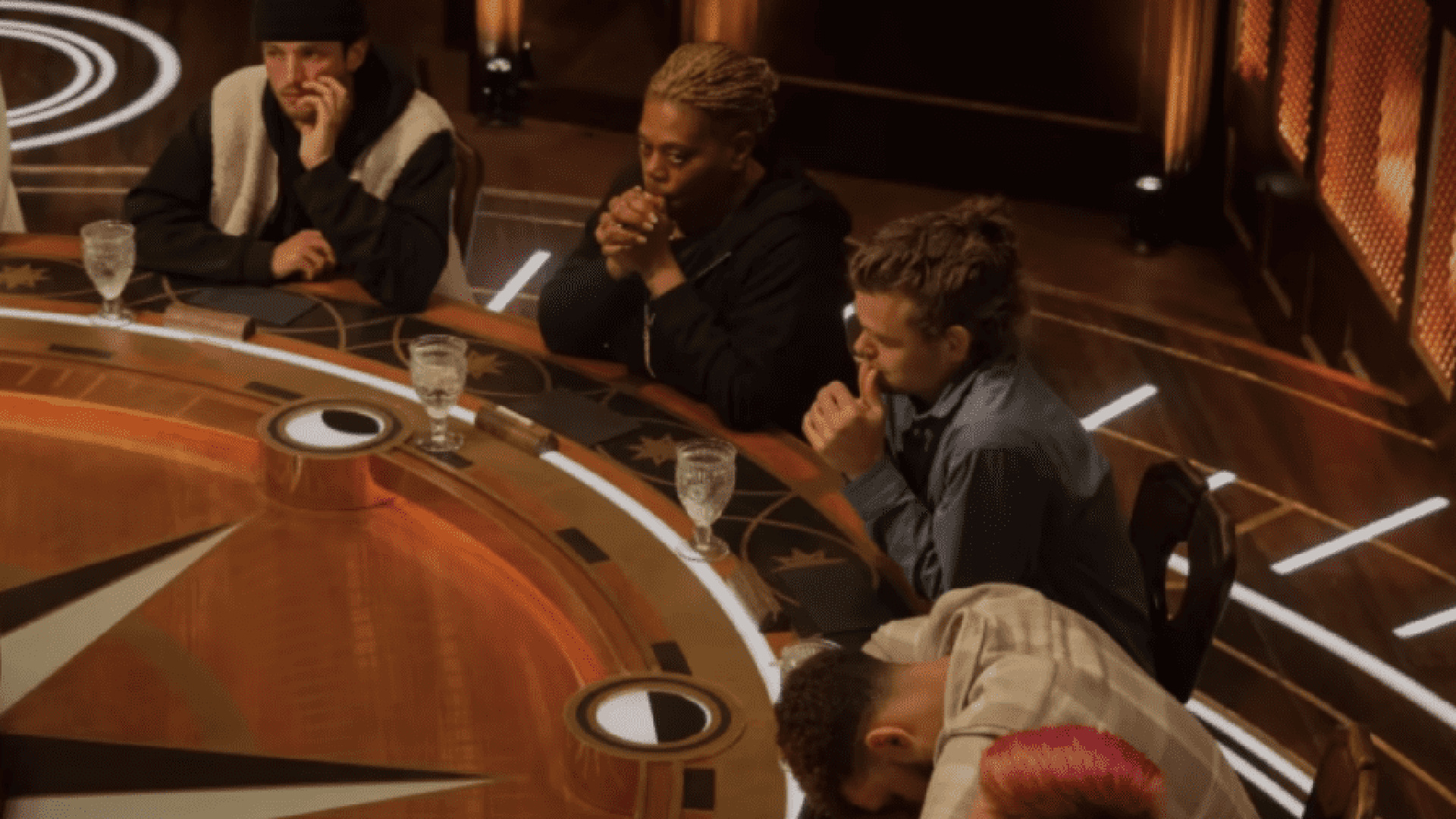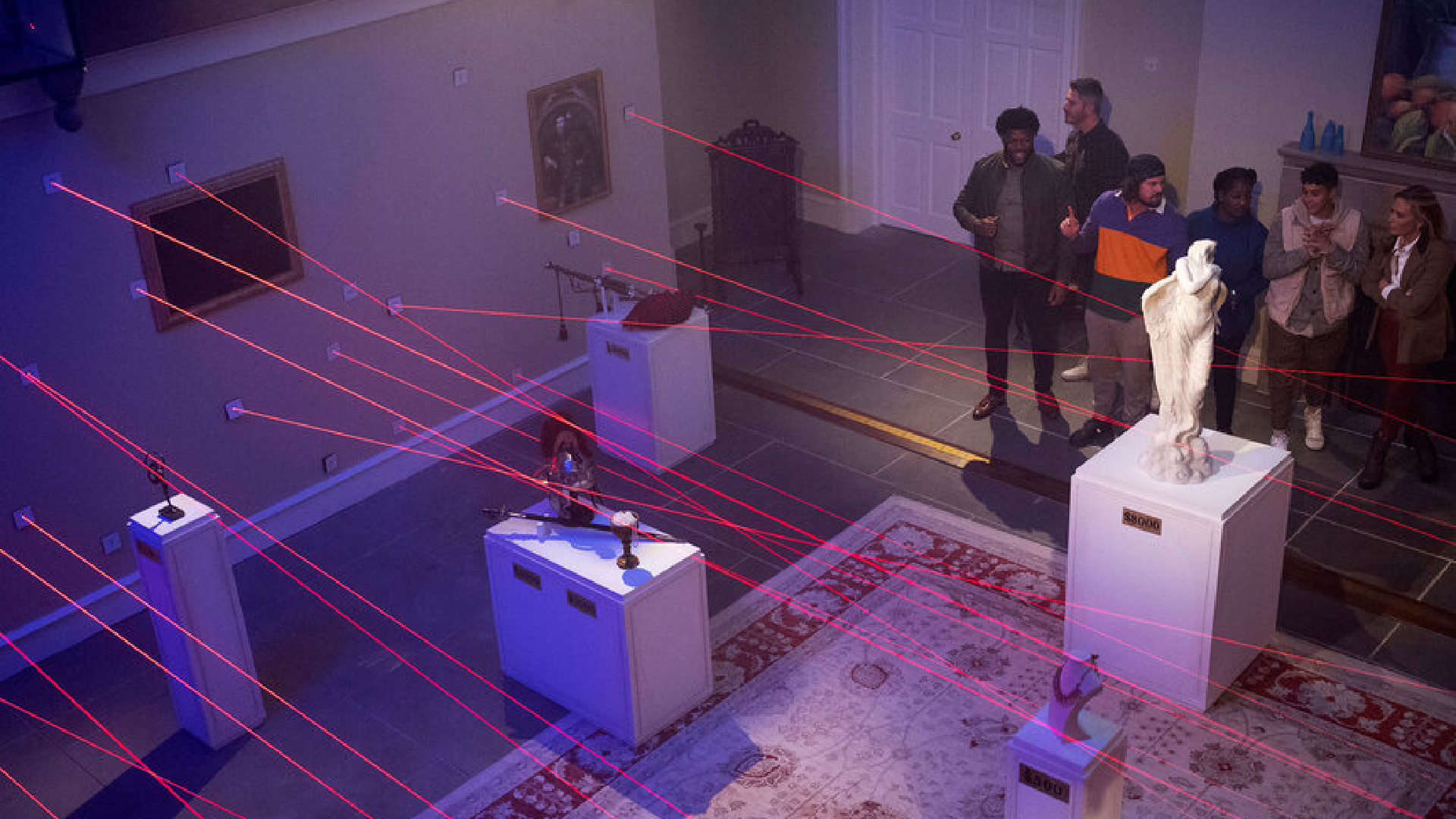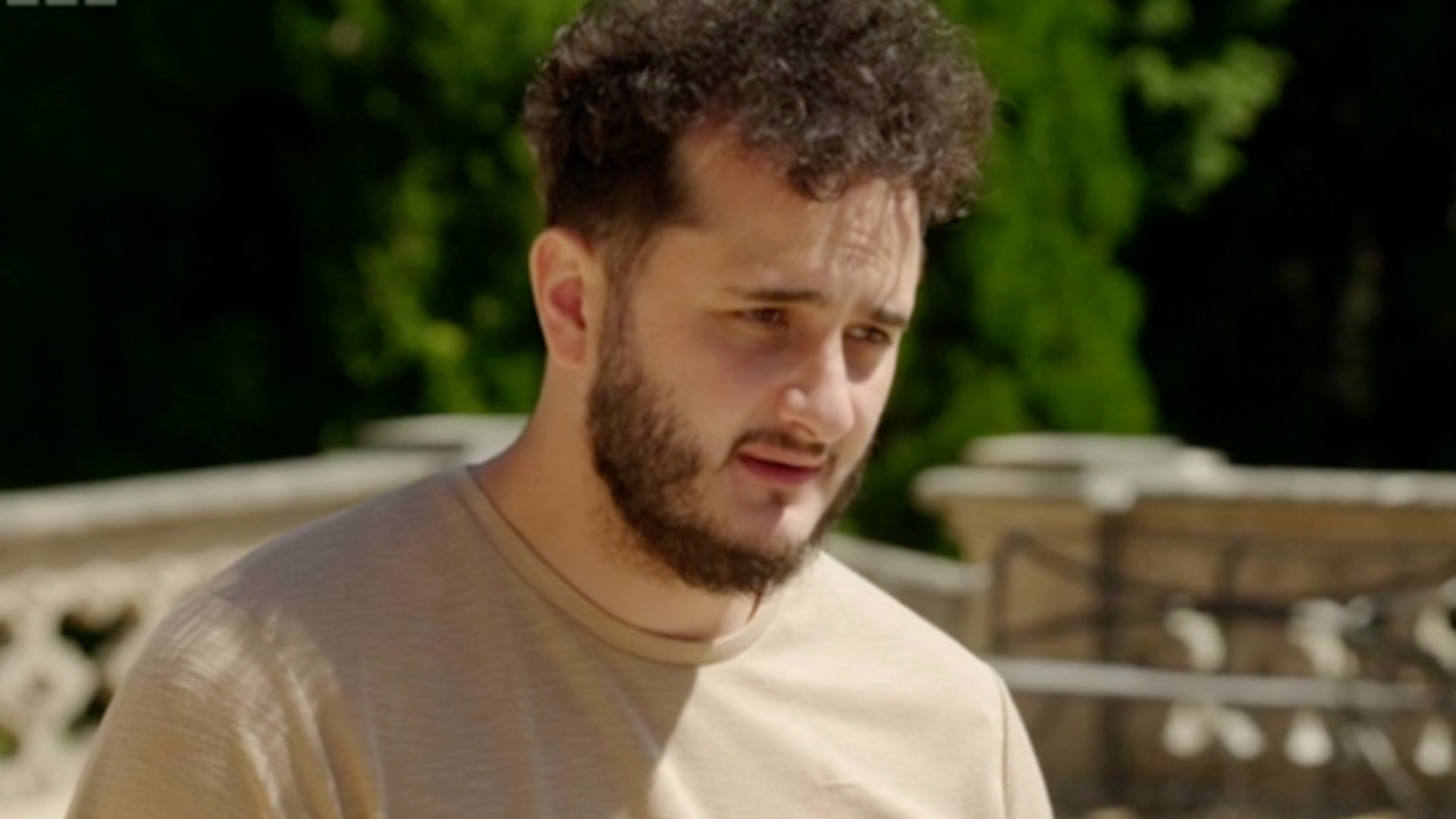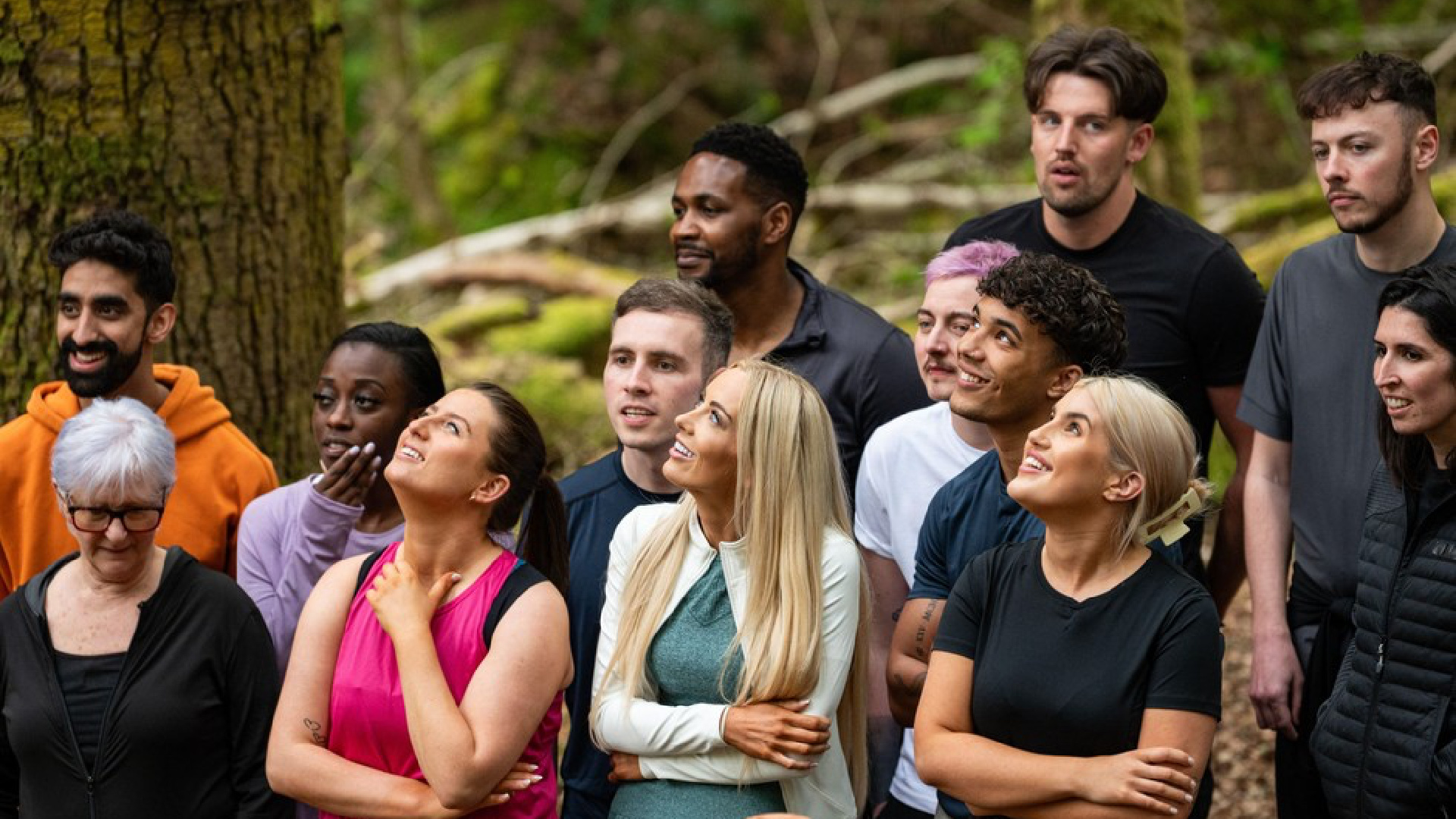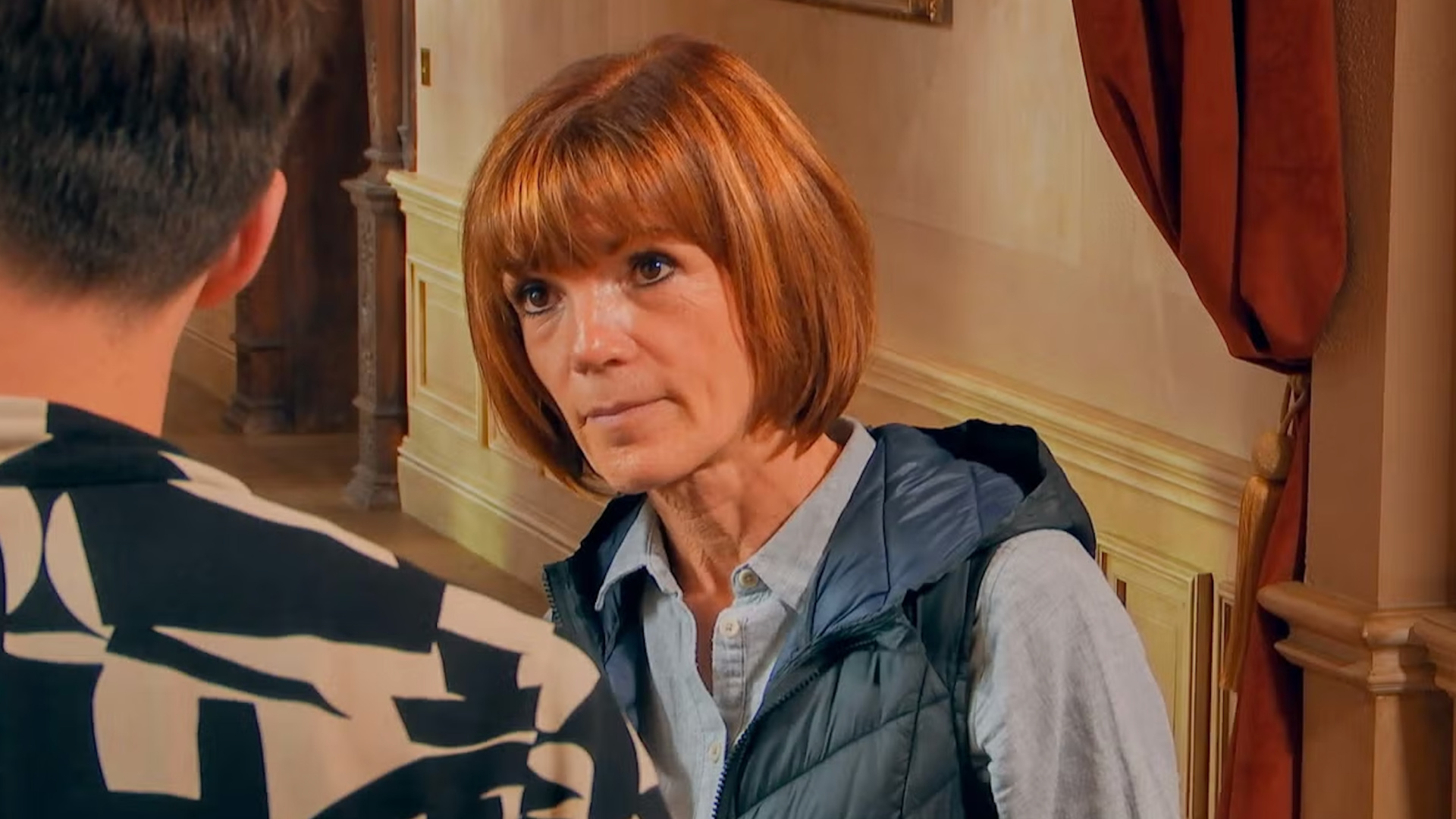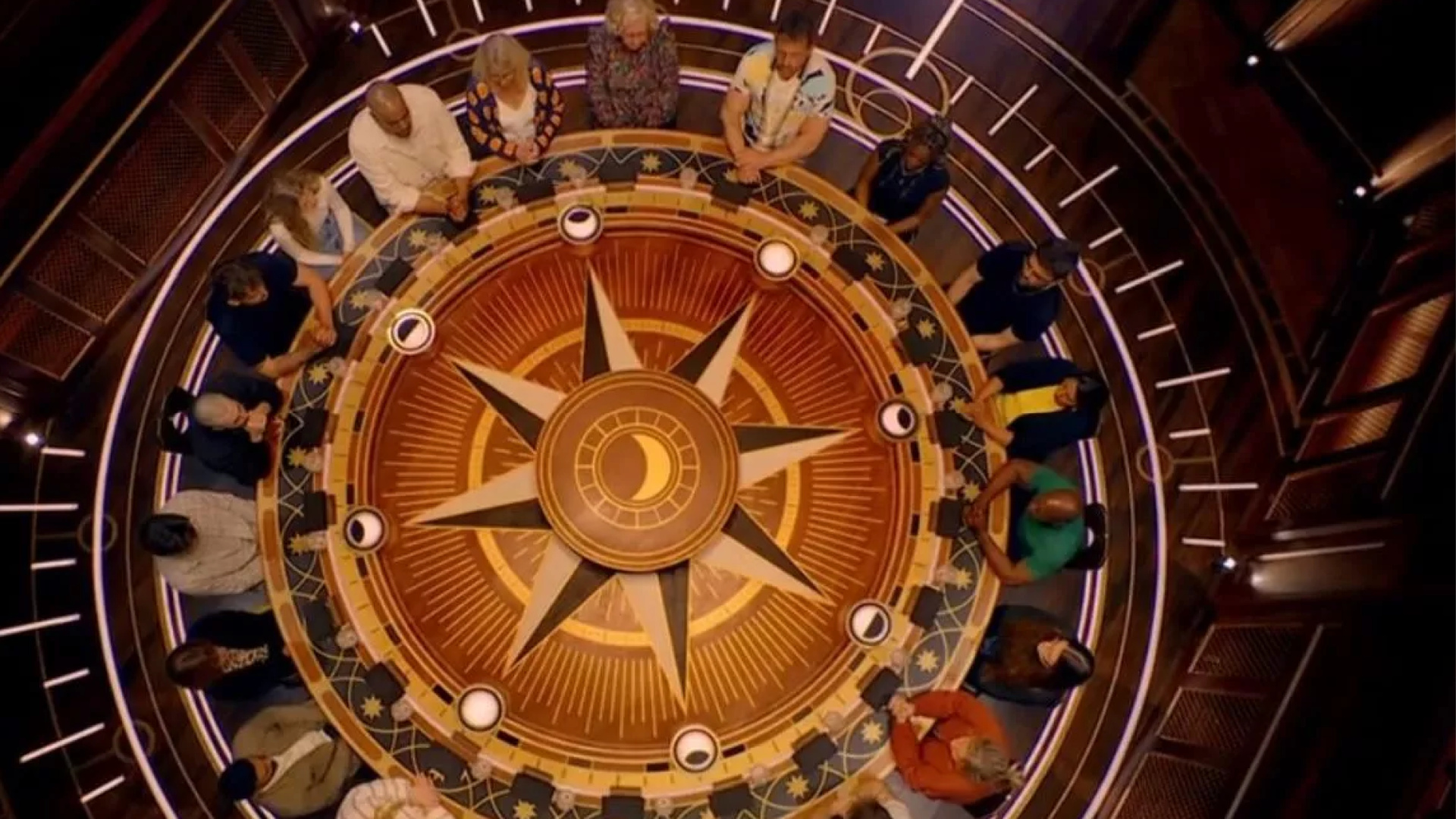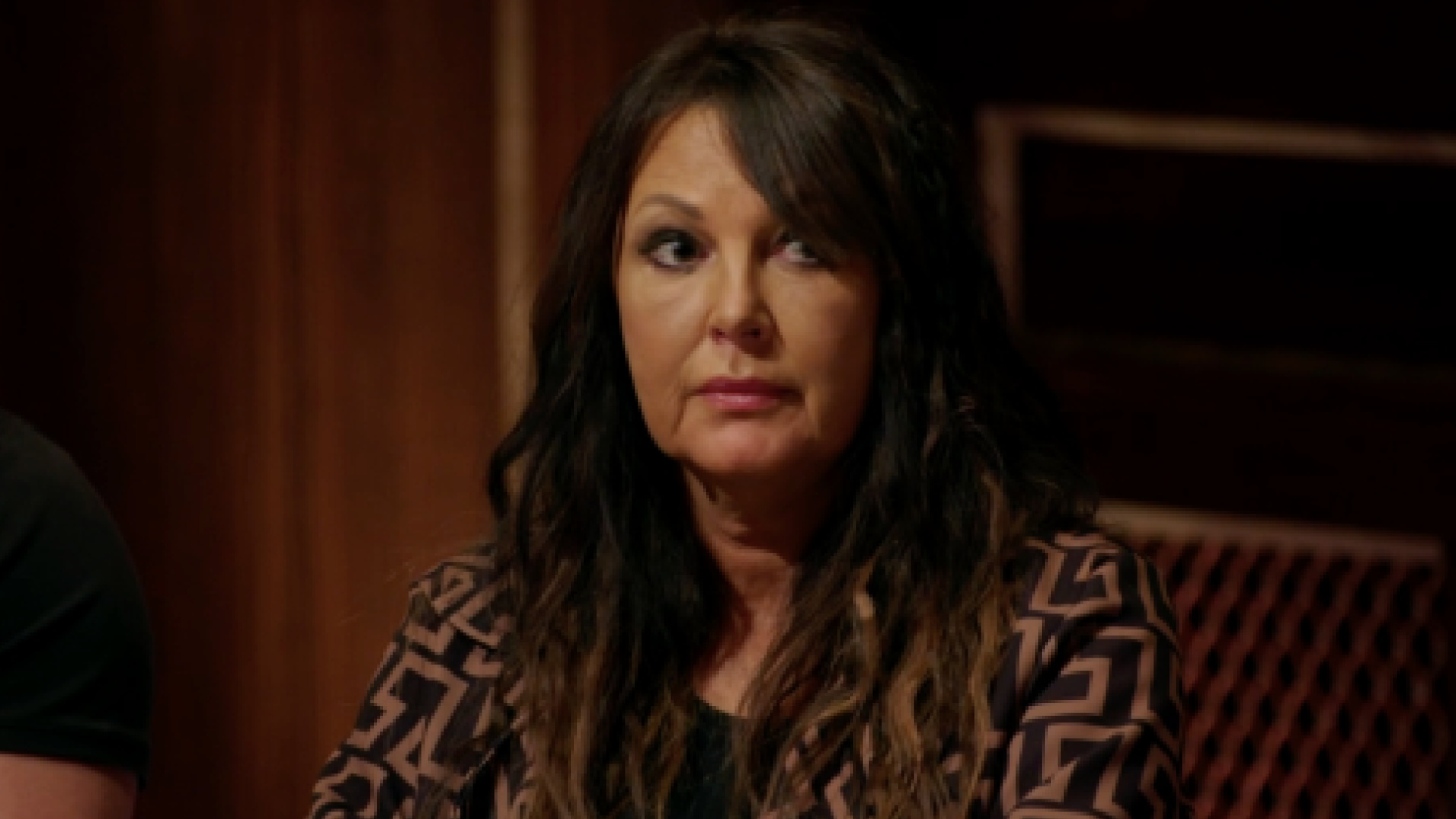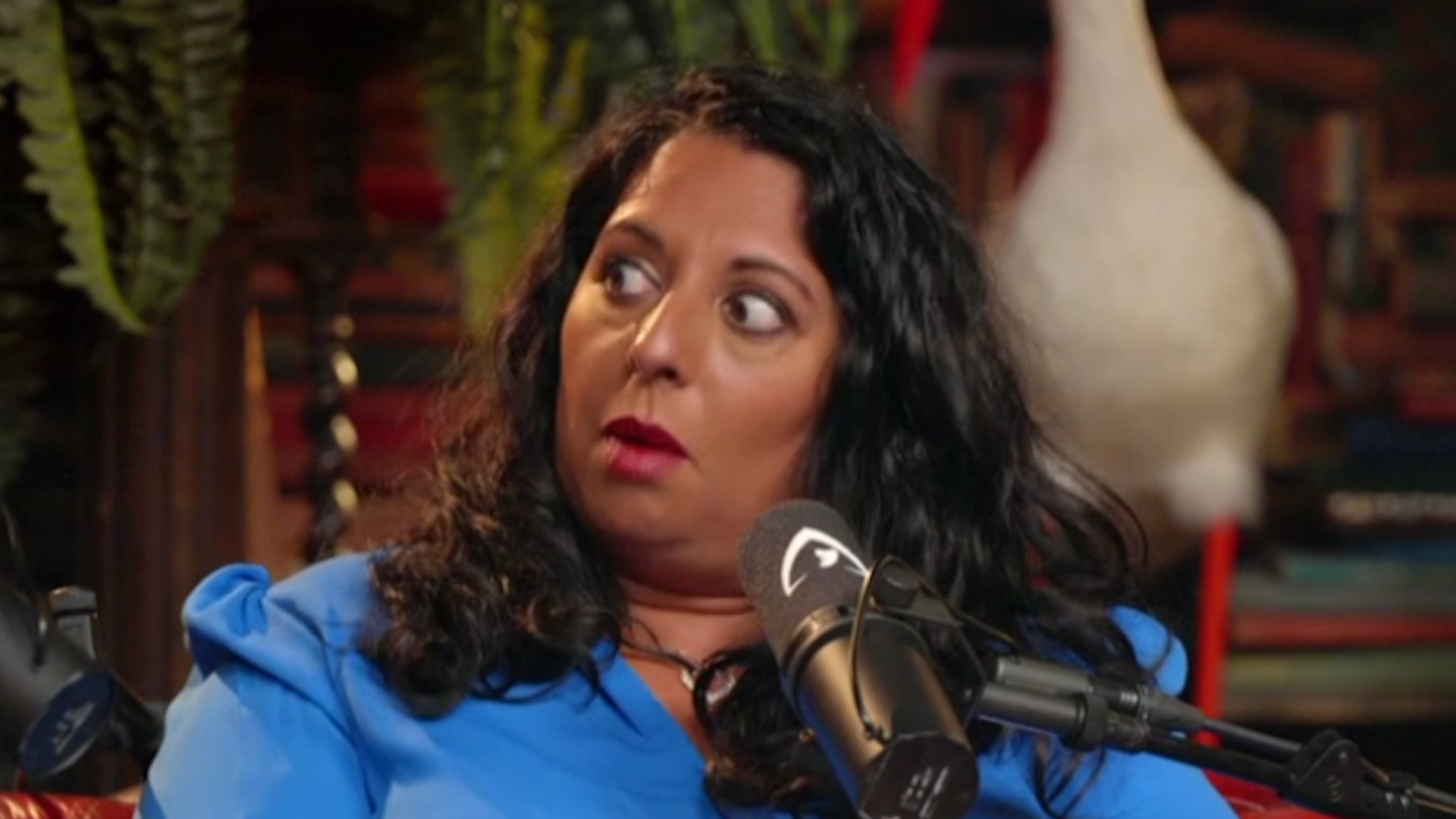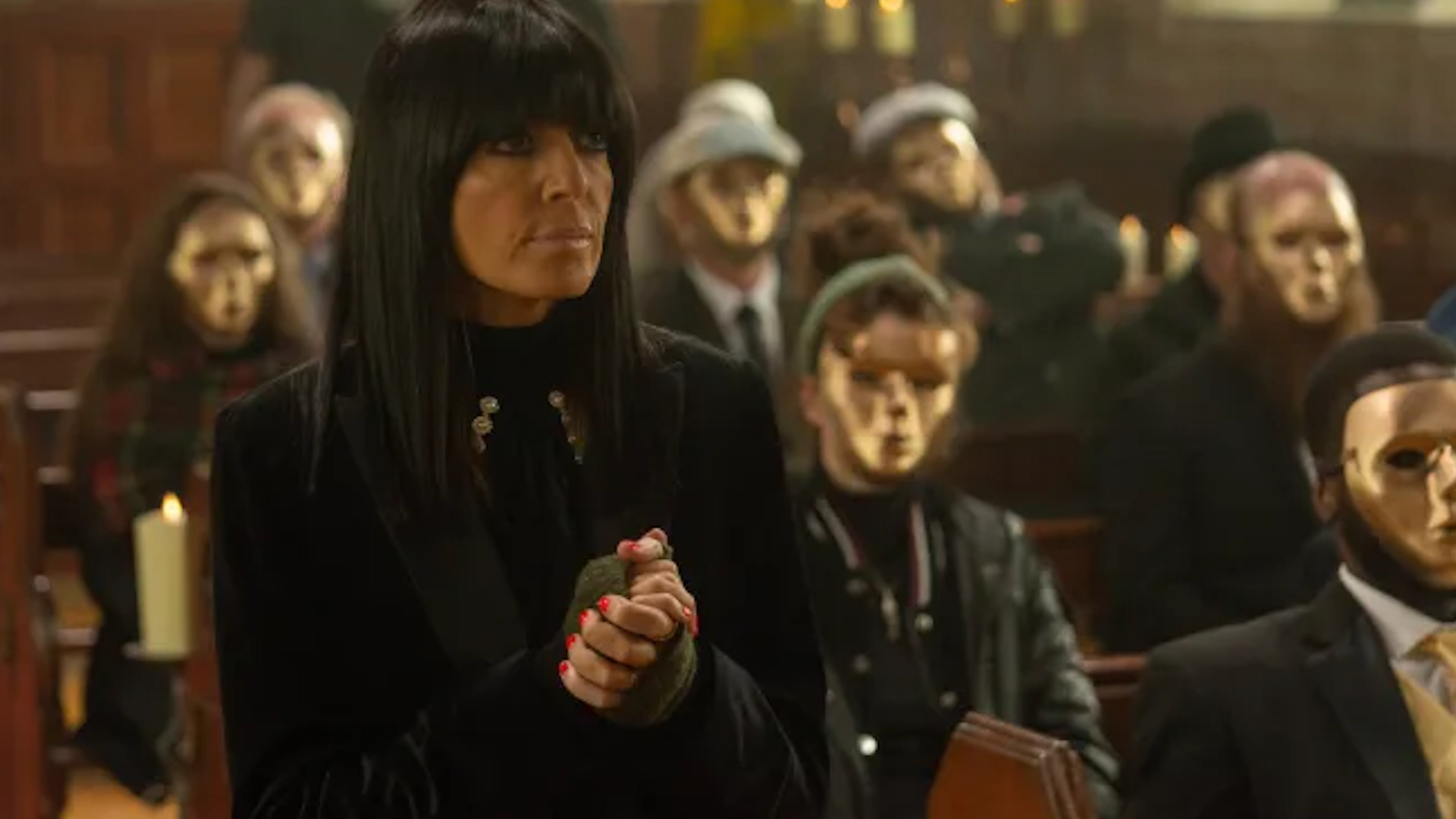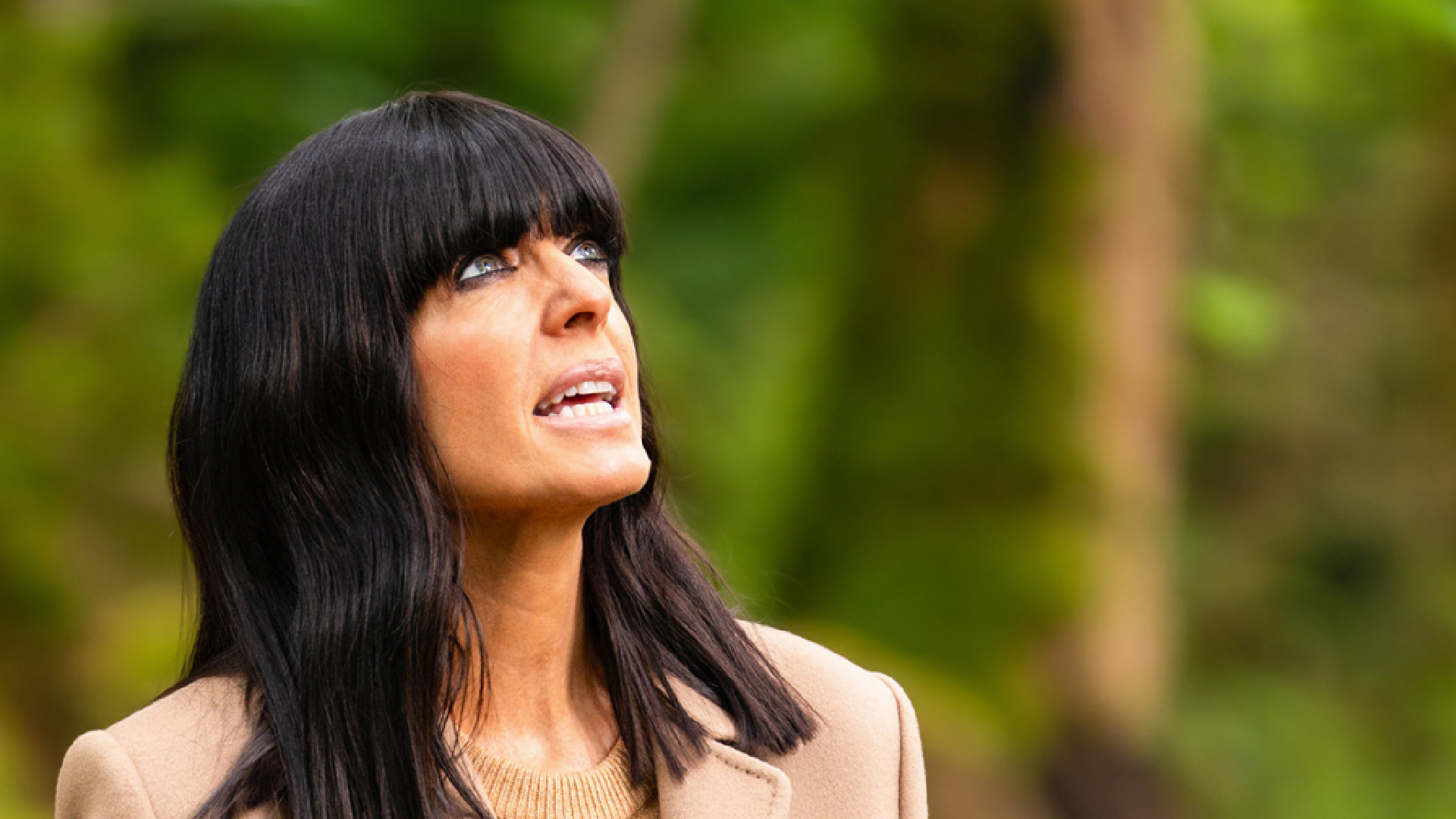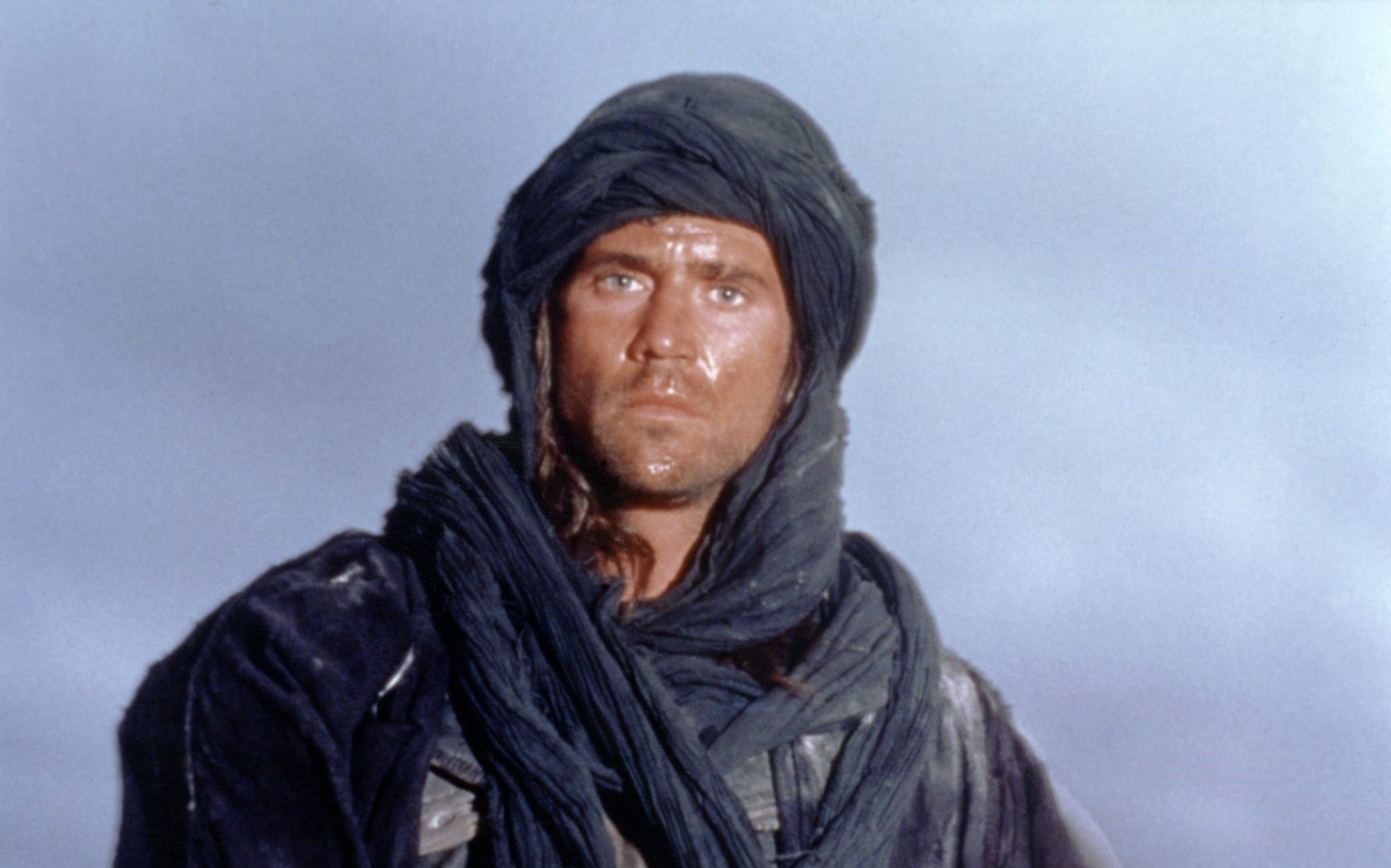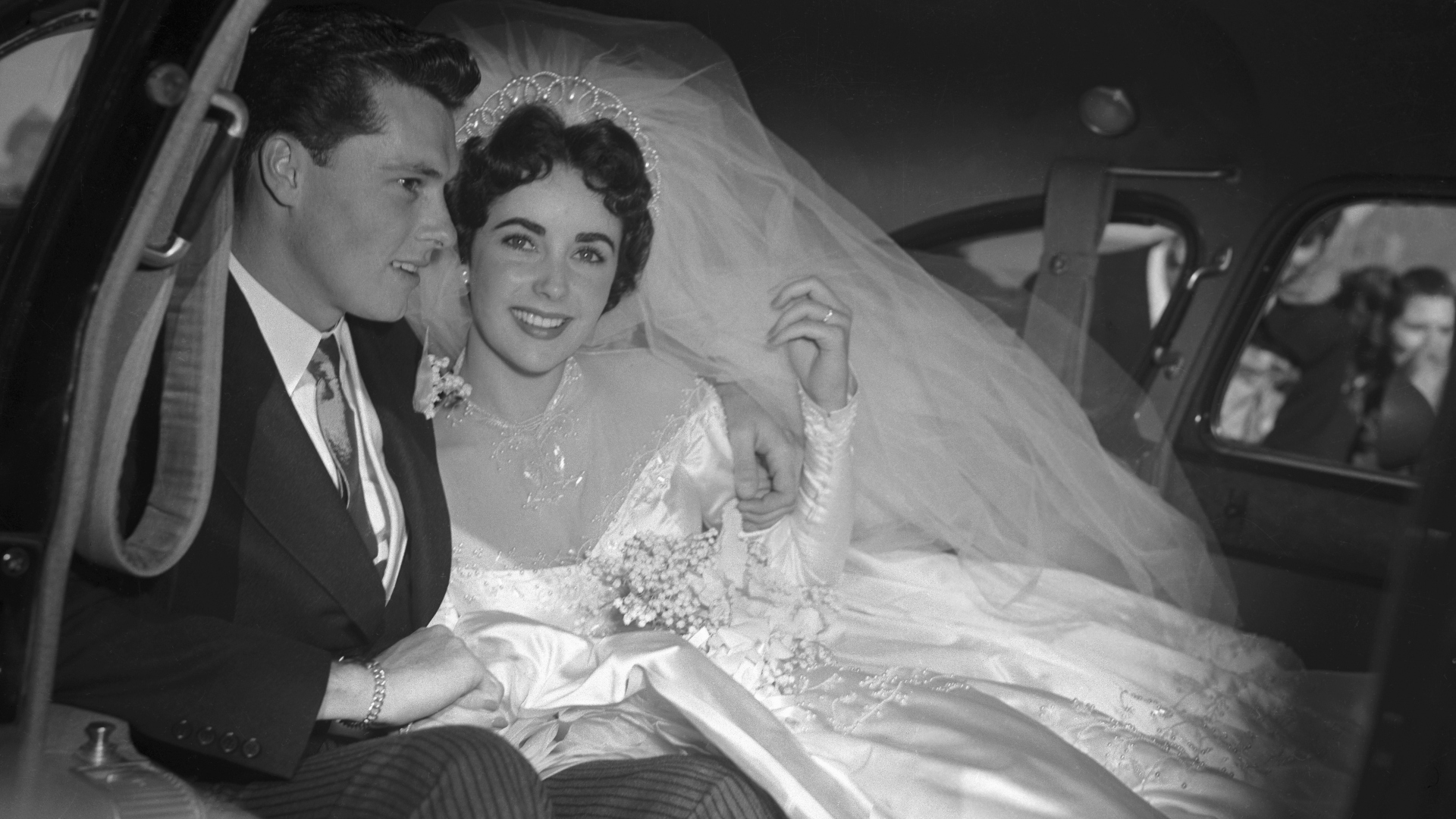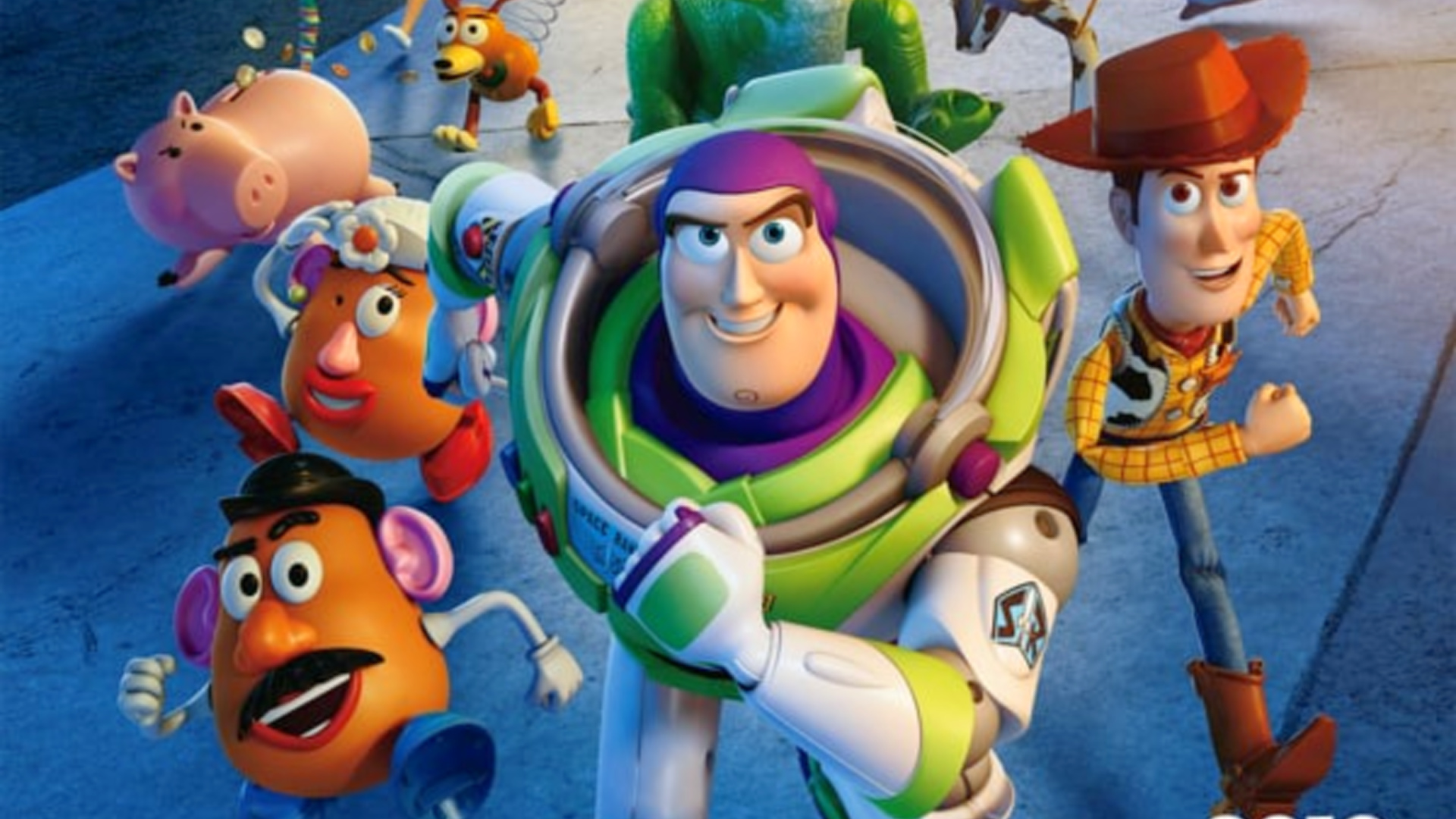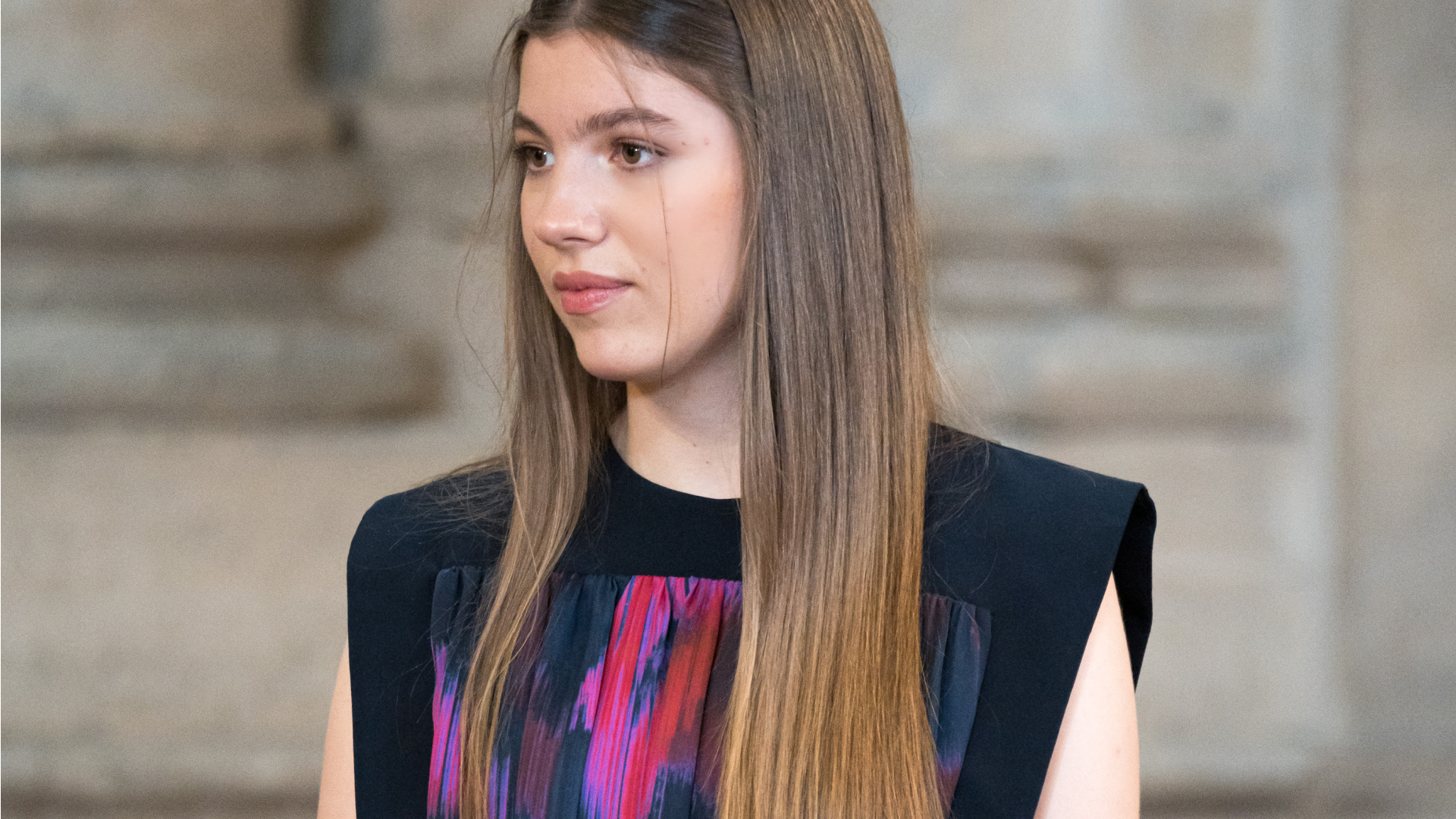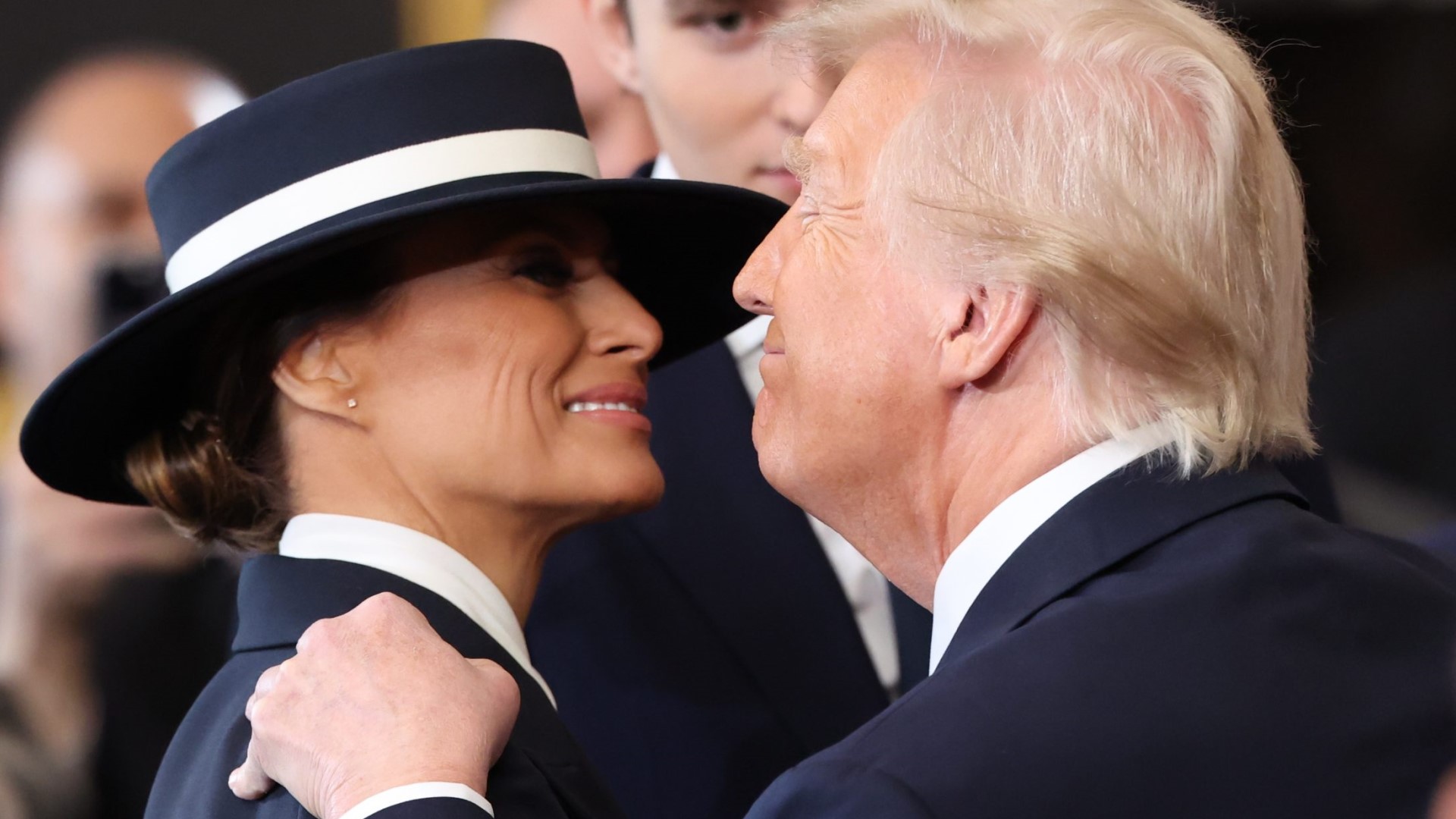The Traitors: psychologists say it's more than just a TV show
The Traitors. A TV phenomenon has caught the attention of viewers around the world where people are either a ‘Faithful’ or a ‘Traitor’ and compete to take home the prize fund. But is it more than a reality TV show?
As you watch ‘The Traitors’, whether UK, US, Australia (yes, the show is in 20 countries!), you will try to put yourself in that position - “How would I act as a traitor?”; “How would people view me if I were a faithful?” The stress and anxiety is real - there is research to show how hard deception, and identifying deception, truly is.
Image: BBC
Taking a look at research from the University of Aberdeen, Chester University, Manchester Met University, consultants and journalists, we delve into the fascination behind the show and if it is more a transparent study on human behaviour than ‘just a reality TV show’.
Image: BBC
The idea came from Dutch producer Marc Pos who bought a book that explained mutineers on a ship that crashed on an island. "I thought, what happens when there is a group together on an island, and they need each other? What does that human behaviour look like?"
Image: BBC
Let's take Harry, the totally loveable traitor and winner of Season 2 UK. He caught the attention of Lisa Oakley, a psychologist and professor at Chester University, who plays his speech in her social psychology class. She uses it as a quintessential example of manipulation in action.
Image: BBC
“What he’s actually building there is an image of himself as a Faithful, and it’s just beautiful,” she says. “Then, when you play it to the students and say, ‘Actually, he was a Traitor’… The language that people use, the way that they talk about themselves, is really important,” she said according to The Guardian.
Image: BBC
Oakley decided to start a podcast that goes into depths about the psychology of The Traitors. During the podcast, she states that “We tend to favour people who are like us – or who we think are like us,” and this is what makes the game play so exciting as people create in-groups and out-groups on the show.
Image: BBC
"Players never really seem to get their head around the fact that trustworthiness, and whether or not somebody’s a Traitor, are completely unrelated,” says her costar on the podcast, who studies lying and deceptive behaviour. “If they decide they trust someone, they decide that person can’t be a Traitor – logic deserts people.”
Image: BBC
So, of course, the Traitors want to be in with all the groups to make sure they are liked and trusted by all. “He was shocked at how important it was for him to feel liked, to be part of that in-group and not be ostracised,” Wright continued.
This need to be liked is why many contestants struggle to see it as a game and take the whole things very personally and react in a very emotional way.
Image: BBC
Research at the University of Aberdeen indicates that rather than meticulously examining each single individual face, we blend the trustworthiness impressions of all the faces to get the gist of the group. As Sky News tells us, the contestants judge each other's 'trustworthiness by combining their facial features together into one "composite face".'
Image: BBC
This process, termed "ensemble perception," happens in about a quarter of a second, the researchers found.
Image: BBC
The human brain’s ability to rapidly evaluate trustworthiness may explain why it's challenging for faithful players to identify traitors effectively. "yes - it may explain why the traitors are proving so elusive," researcher and postgraduate student Fiammetta Marini said.
Image: BBC
So let's talk about 'herd mentality'. ''Herd mentality is the psychological tendency of individuals to conform to the behaviours, beliefs or decisions within a larger group," as the BBC tells us.
Image: BBC
Influential voices can sway group decisions to create a domino effect of consensus highlights the complexity of human interaction in collaborative settings. While this dynamic can lead to efficient decision-making in some cases, it can also undermine the quality and accuracy of the outcomes produced.
Image: BBC
Some of the reasons why it is so hard to identify the Traitors and why so many people vote out that faithful is because of safety in Numbers. The show is proving that to be true! Agreeing with the majority can provide a sense of security, leading individuals to support popular opinions rather than voicing their own potentially divergent perspectives. Traitors sometimes use this to their advantage.
Image: BBC
Ian Parsley, a public relations consultant and former Northern Ireland politician, offered compelling insights into the powerful themes presented in the show. Parsley highlights the parallels between the gameplay in “The Traitors” and real-world group dynamics, stating that it is a “superb demonstration of exactly what is right, and wrong, with human civilisation,” as The Guardian reports.
Image: BBC
One of the most exciting parts of 'The Traitors' are their group discussions, particularly those intense and often circular roundtable meetings. In these heated discussions, players strive to identify and eliminate the Traitors from their midst. Here, Parsley emphasises a significant observation: these gatherings highlight “why meetings and committees fundamentally do not work” when it comes to making effective decisions.
Image: BBC
'The Traitors' is more than entertainment and actually reflects our societal flaws through its gameplay mechanics, as Parsley tells The Guardian. So yes, he agrees the series compels us to consider how we function within our communities.
Image: BBC
Dr Sören, speaking to The Independent, has an answer. “Especially in group settings, anxiety, stress, and uncertainty can become nearly contagious... Understanding that some of the experienced stress is our brain just mimicking the feelings of others can be a powerful antidote. The right combination of confidence in your own skills and adaptability can lead to successful coping.”
Image: BBC
It may not just be herd mentality, but could have something to do with race as Ranuli Jayawardhana observed, according to The Guardian. She states that 'the contestants deemed “suspicious” by the group were often people of colour.
Image: BBC
“Obviously, the game is so emotionally charged – it brings up a lot of tension, and I think that sometimes manifests itself as microaggressions,” Jayawardhana told The Guardian.
Image: BBC
‘If you give them enough rope they’ll hang themselves.’ This old adage may have some truth to it, as 'The Traitors' shows. Dr Hannah talked to the Independent saying the Traitors really may have their own selves to blame as, really the faithful don't have much to go on.
Image: BBC
Dr Hannah did clarify one important thing: “The more you talk, the more likely you are to make a mistake.” Maybe this is why Armani left so soon in season three.
Image: BBC
'The Traitors' was a concept based on a psychological study so it goes without saying, there will be social and psychological insights into human nature. And that, for many viewers, is simply fascinating, just in the same way true crime and series about scams are popular.
Image: BBC
Doctor Hart said to PopSugar, "The more we can learn about it and observe it, the more confident we get that maybe we can avoid that happening to us." So, would you make a good traitor?
Image: BBC
Follow Showbizz Daily to stay informed and enjoy more content!

